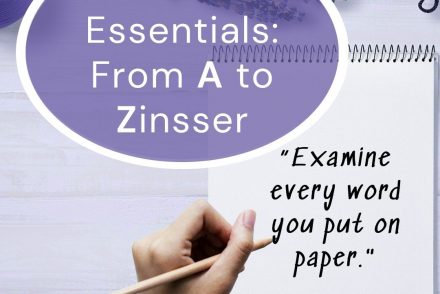
Writers Chat Recap for September Part 1
Writers Chat, hosted by Johnnie Alexander, Brandy Brow, and Melissa Stroh, is the show where we talk about all…
September 20, 2024
Writers Chat, hosted by Johnnie Alexander, Brandy Brow, and Melissa Stroh, is the show where we talk about all…
September 20, 2024
Procrastination squeezes its fingers around my neck, choking me. I feel panic rising like bile in the back of…
August 3, 2022
“A writer will do anything to avoid the act of writing.” William Zinsser Every writer or published author has…
November 21, 2021
“The only way to learn to write is to force yourself to produce a certain number of words on…
August 21, 2021
Years ago, I heard someone say, “Start by doing what you already know to do instead of worrying about…
March 11, 2021
Do you procrastinate when it comes to creating a book proposal? You aren’t alone and it is common among…
May 25, 2020
Somewhere between Christmas pageant rehearsal, decorating the tree, shopping, and making travel preparations, a still, small voice whispers. The…
December 16, 2018
We’ve submitted that article, devotion, or book proposal, and the feelings of euphoria have begun to fade. Questions ping…
February 23, 2017